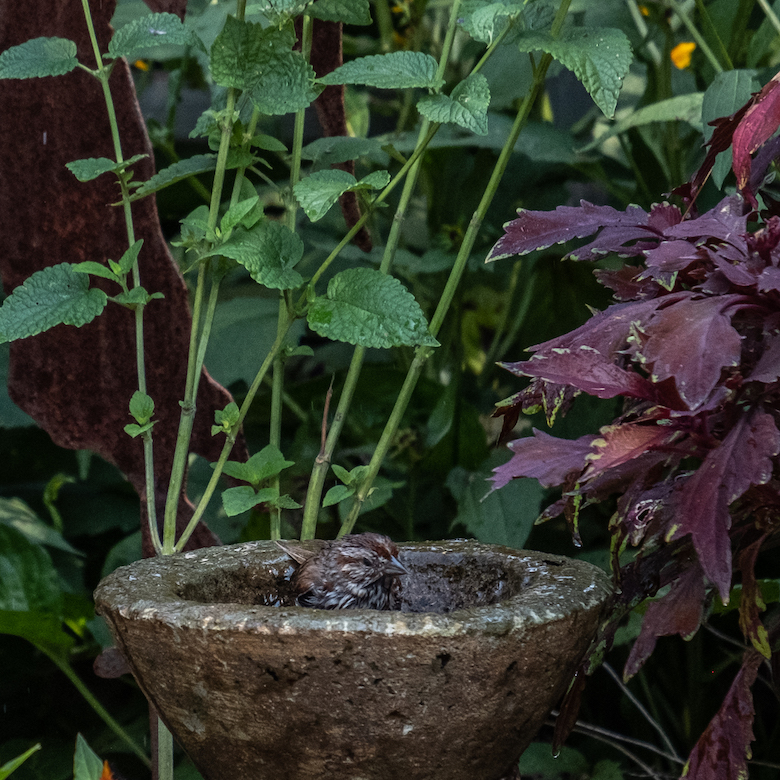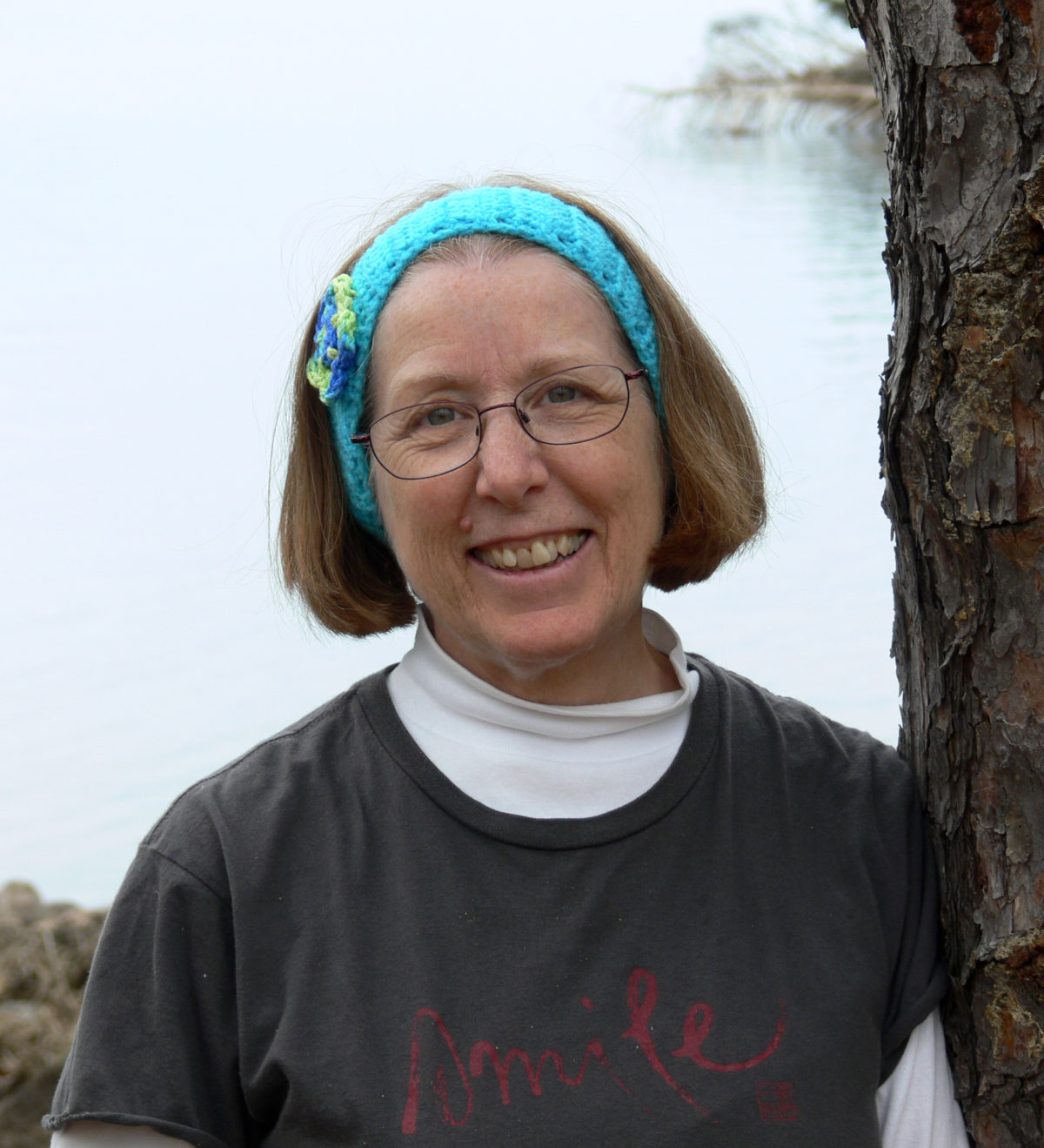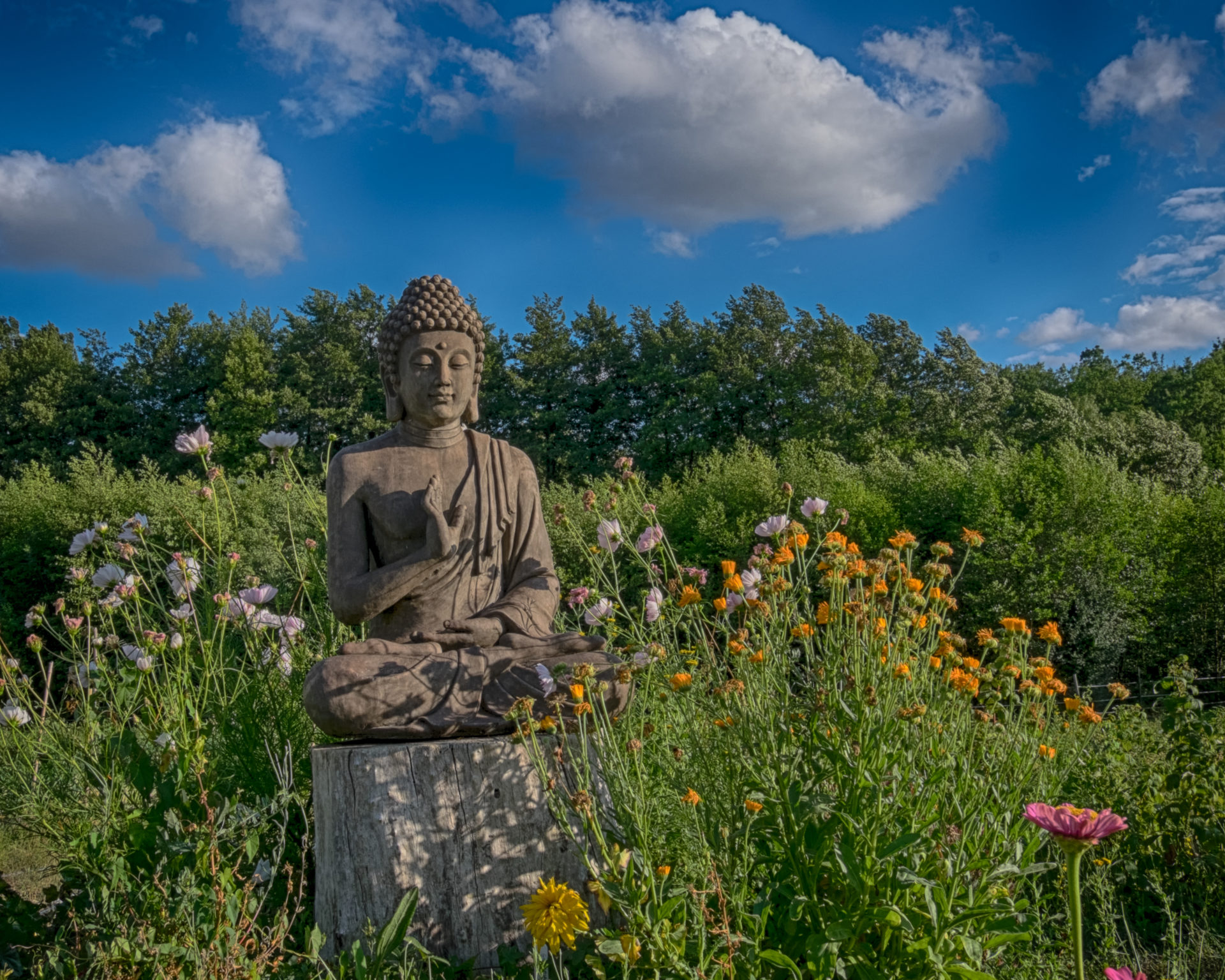By Emily Whittle

Enthusiastic, but ignorant, of basic basil needs, I planted six tender shoots in a clay pot and set them in the sun where they promptly wilted, then withered in several days of ferocious heat. Chagrined, I removed the limp bodies, now destined for compost. A hint of breath caused me to reconsider and I gave them a second chance,
By Emily Whittle

Enthusiastic, but ignorant, of basic basil needs, I planted six tender shoots in a clay pot and set them in the sun where they promptly wilted, then withered in several days of ferocious heat. Chagrined, I removed the limp bodies, now destined for compost. A hint of breath caused me to reconsider and I gave them a second chance, this time in rich mulched soil. For weeks I hovered, like a mother beside a sick child’s bed. By September the plants had flourished, merging into a dense bush three feet tall and four feet wide— the pride of my garden— harvested in the fall for pesto and jars of pungent leaves. Just so a rough beginning need not foretell a tragic end. A friend, now old, bitterly blames her mother for her lonely life. I fatten her on pasta with pesto, stirring the spicy dharma into each bite.

Emily Whittle, True Wonderful Happiness, practices with The Community of Mindful Living in the Pines in Pinehurst, North Carolina, US. This poem will appear in a new chapbook entitled Fruits of the Practice, Too.

